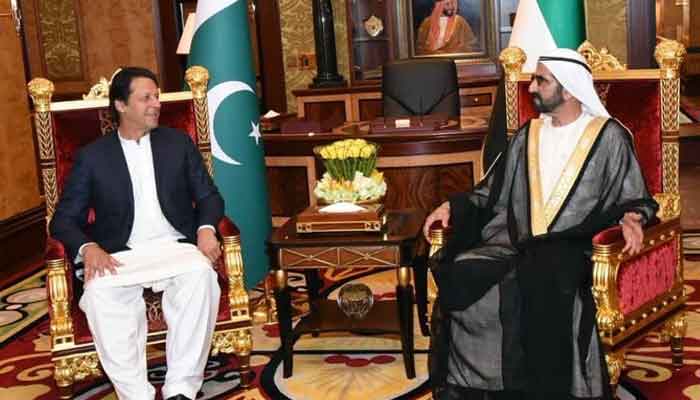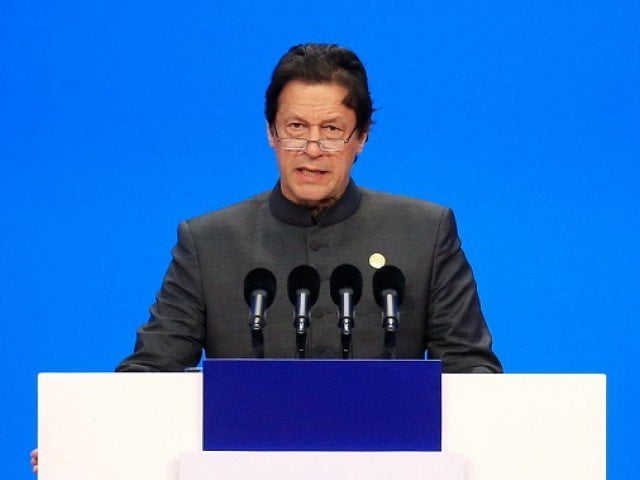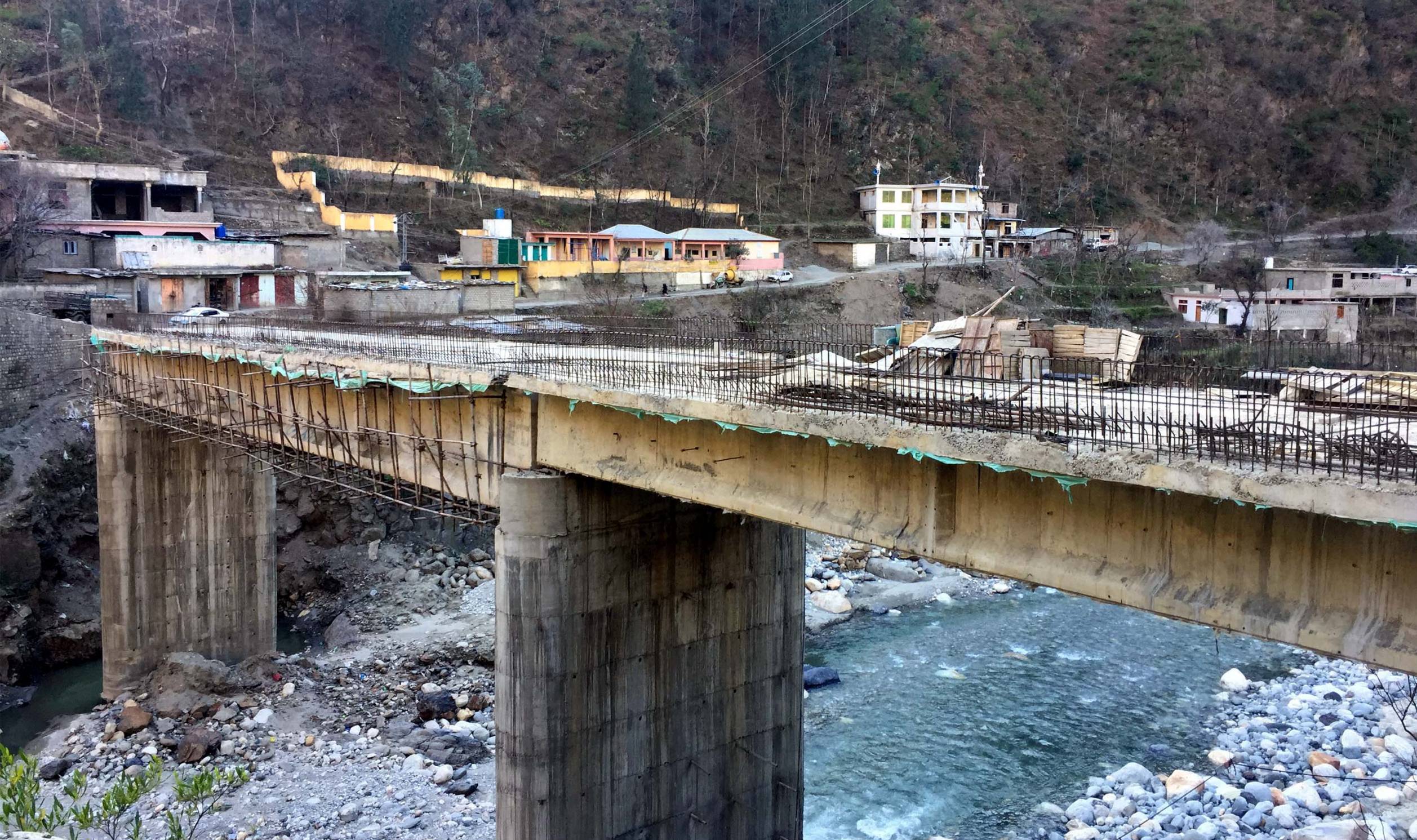
ABU DHABI: A month after Prime Minister Imran Khan’s meeting with Prime Minister of the UAE, Sheikh Mohammed bin Rashid Al Maktoum, the United Arab Emirates announced its intention to deposit US$3 billion (equivalent to AED11 billion) in the State Bank of Pakistan to support its financial and monetary policy, Emirates News Agency said Friday.
The Abu Dhabi Fund for Development said, in a statement, that it will deposit the said amount in the coming days to enhance liquidity and monetary reserves of foreign currency at the central bank.
The country’s support for Pakistan’s fiscal policy is based on the historical ties between the two people and the two friendly countries and the desire to further develop the bilateral cooperation in all fields.
The Abu Dhabi Fund for Development has financed eight development projects in Pakistan with a total value of AED1.5 billion, including AED931 million in grants. The funds covered projects in sectors such as energy, health, education and roads.
The premier turned to Twitter on Friday to express his gratitude to UAE for the financial support saying:
“I want to thank the UAE govt for supporting Pakistan so generously in our testing times. This reflects our commitment and friendship that has remained steadfast over the years.”
I want to thank the UAE govt for supporting Pakistan so generously in our testing times. This reflects our commitment and friendship that has remained steadfast over the years.
— Imran Khan (@ImranKhanPTI) December 21, 2018
A team from the International Monetary Fund in November visited Pakistan for talks with officials on a possible IMF bailout but the discussions ended without any agreement.
Pakistan — a regular borrower from the IMF since the 1980s — last received an IMF bailout in 2013 to the tune of $6.6 billion.
It also secured $6 billion in funding from Saudi Arabia and struck a 12-month deal for a cash lifeline during Prime Minister Imran Khan’s visit to the kingdom in October.
Islamabad also received billions of dollars in Chinese loans to finance ambitious infrastructure projects.







